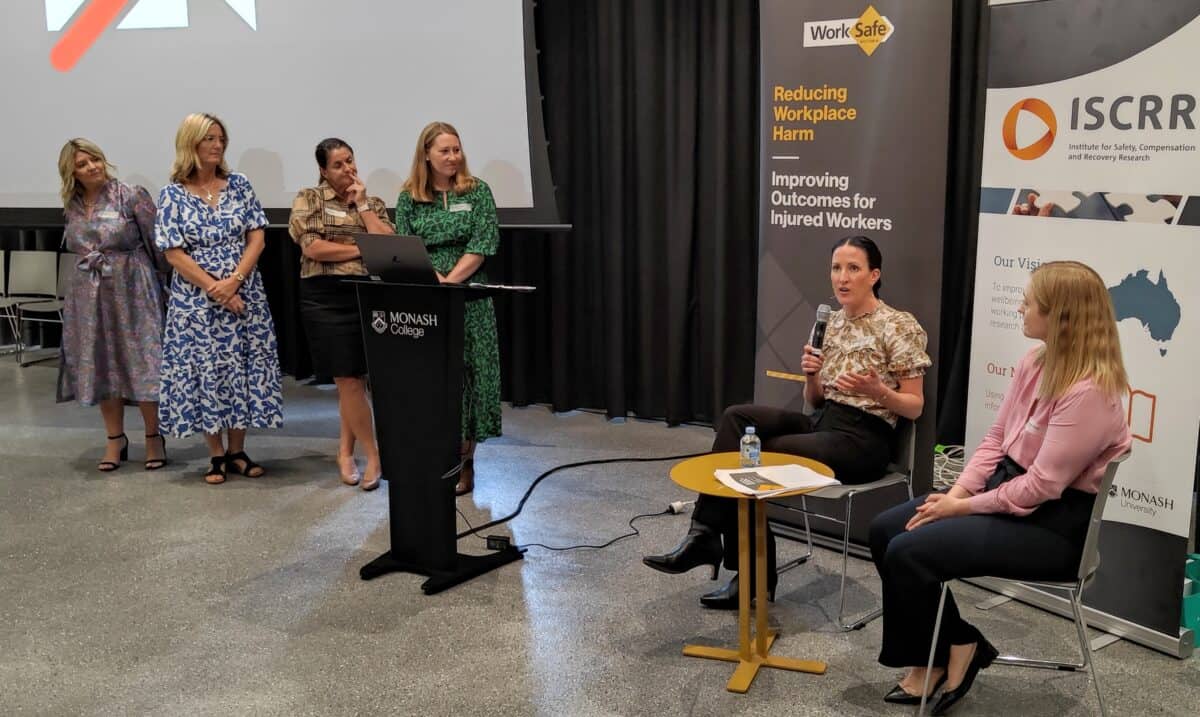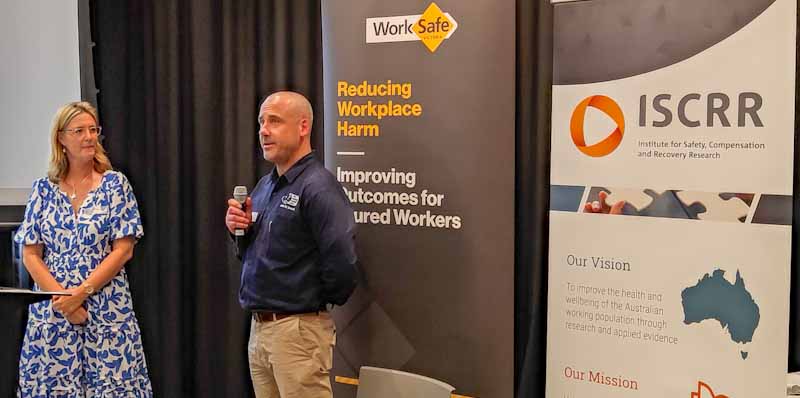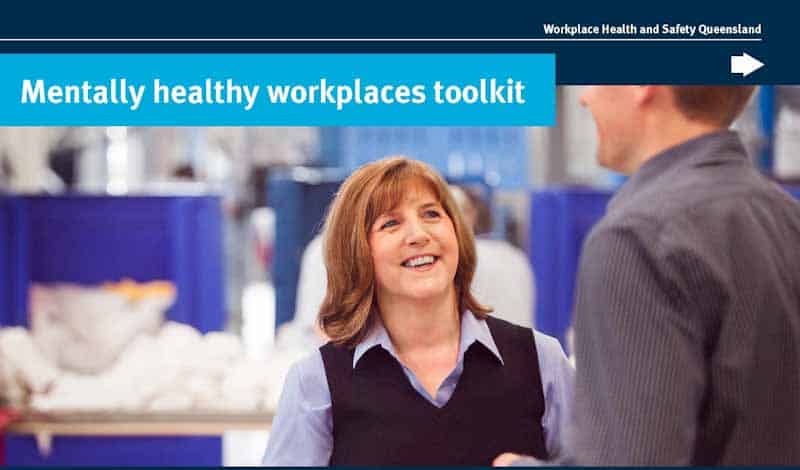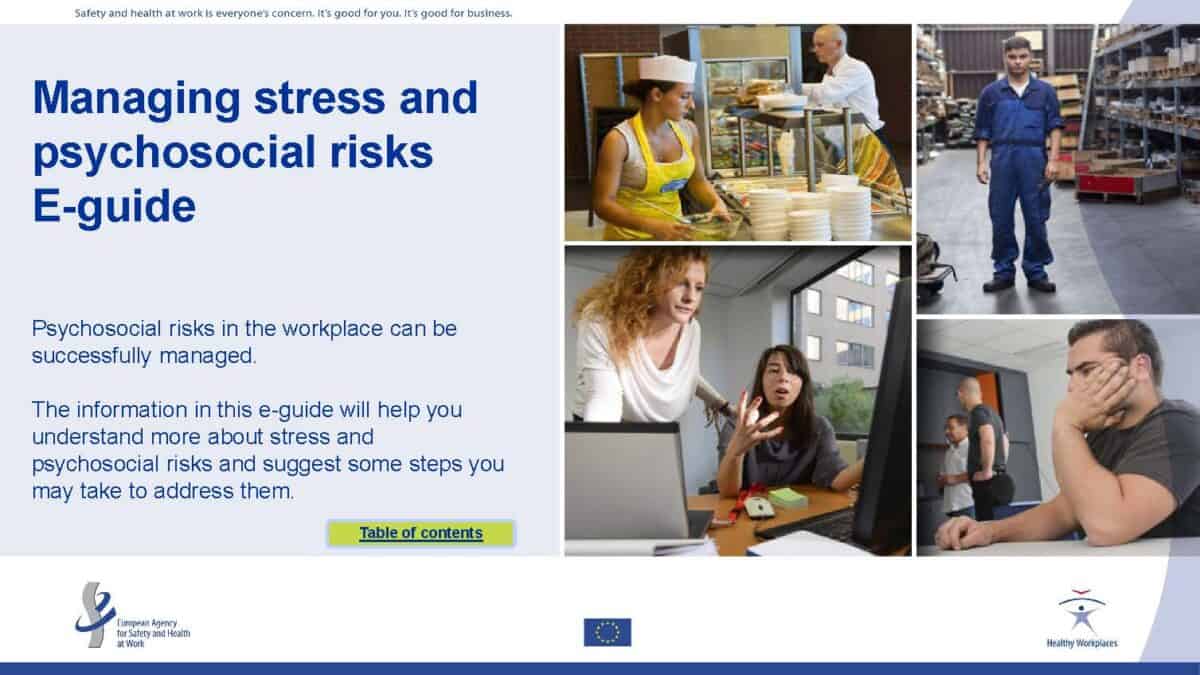A recent article by Aurora B. Le, Doug Trout, Ann Marie Dale, and Scott Earnest is a good introduction to the psychosocial hazards faced by construction workers in the United States. It is typical of many articles written about work health and safety generally – good information but with weak or timid solutions.
The next stage of OHS analysis?
“One of our key roles as the regulator is to understand why workplace injuries happen” –
Dr Natassia Goode. Worksafe Victoria, February 9, 2023.
Dr Goode made this statement at a research seminar for the Institute for Safety, Compensation and Recovery Research. She went on to explain those “widely acknowledged” causes in an expansive discussion about “systems thinking“.
Work hazards generated by the Prime Minister
An employment dispute over working hours has entered the mainstream media as it relates to the office of one of the crossbench independent members of parliament, a favourite target of some of the media. The dispute over the meaning of additional reasonable working hours illustrates several occupational health and safety (OHS) issues.
OHS and the big picture
There is an increasing trend to look deeper into the causal factors of workplace incidents and poor worker health in the physical and psychological contexts. This is partly due to “systems thinking” and partly dissatisfaction with failed regulatory and psychological strategies that promised so much but have failed to realise the promise. The trend needs some boosting by the occupational health and safety (OHS) community, which itself needs upskilling.
Research indicates OHS strategies
Last week, the Institute for Safety, Compensation and Recovery Research (ISCRR) conducted presentations of its latest research programs. Those projects included:
- Vicarious Trauma
- Evaluating Pilot Programs
- Bitumen Fume Exposure
- Systems Thinking
Excellent (and free) Australian guide on psychosocially healthy workplaces
Readers have shown considerable interest in the EU-OSHA e-guide for psychosocial health at work. A similarly formatted document has been released by Workplace Health and Safety Queensland in support of the new “Managing Psychosocial Hazards at Work Code of Practice 2022“. The Mentally Healthy Workplaces Toolkit is an interactive PDF slightly more sophisticated than the EU document through its extensive use of hyperlinks to external information sources.
Plain psychosocial health guide has great potential
Recently the European Agency for Safety and Health at Work released an “e-guide” on managing stress and psychosocial risks at work. It offers a radical contrast to some of the information on risks and burnout that originate from the United States.
The e-guide is really a PDF file that uses the software’s features to establish links between the table of contents and relevant pages of information. This is a little “old school” but the Agency often does this, I think, to allow for wide distribution and easy application.







